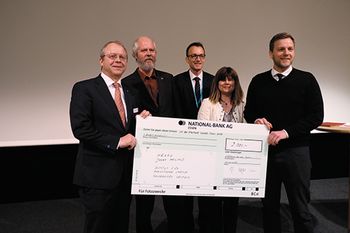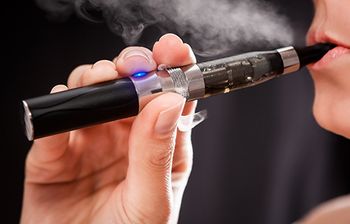Metabolomics, a word coined in 1998, is the study of small molecules (that is, organic chemicals with a molecular weight of 50–2000 Daltons) present in a given biological fluid, tissue, organ, organism, and environment at a given time. Using the power and high throughput of analytical platforms, such as mass spectrometry (MS) or nuclear magnetic resonance (NMR) spectroscopy, metabolomics promises to be a cornerstone in innovations and discoveries in the areas of medicine, agriculture, biomedical, space, and environment. Thus, science, technology, engineering, and mathematics (STEM) graduates and doctorates who interface with analytical chemistry need to prepare for the challenges of academia or industry as metabolomics research takes a centre stage in this big data era.








